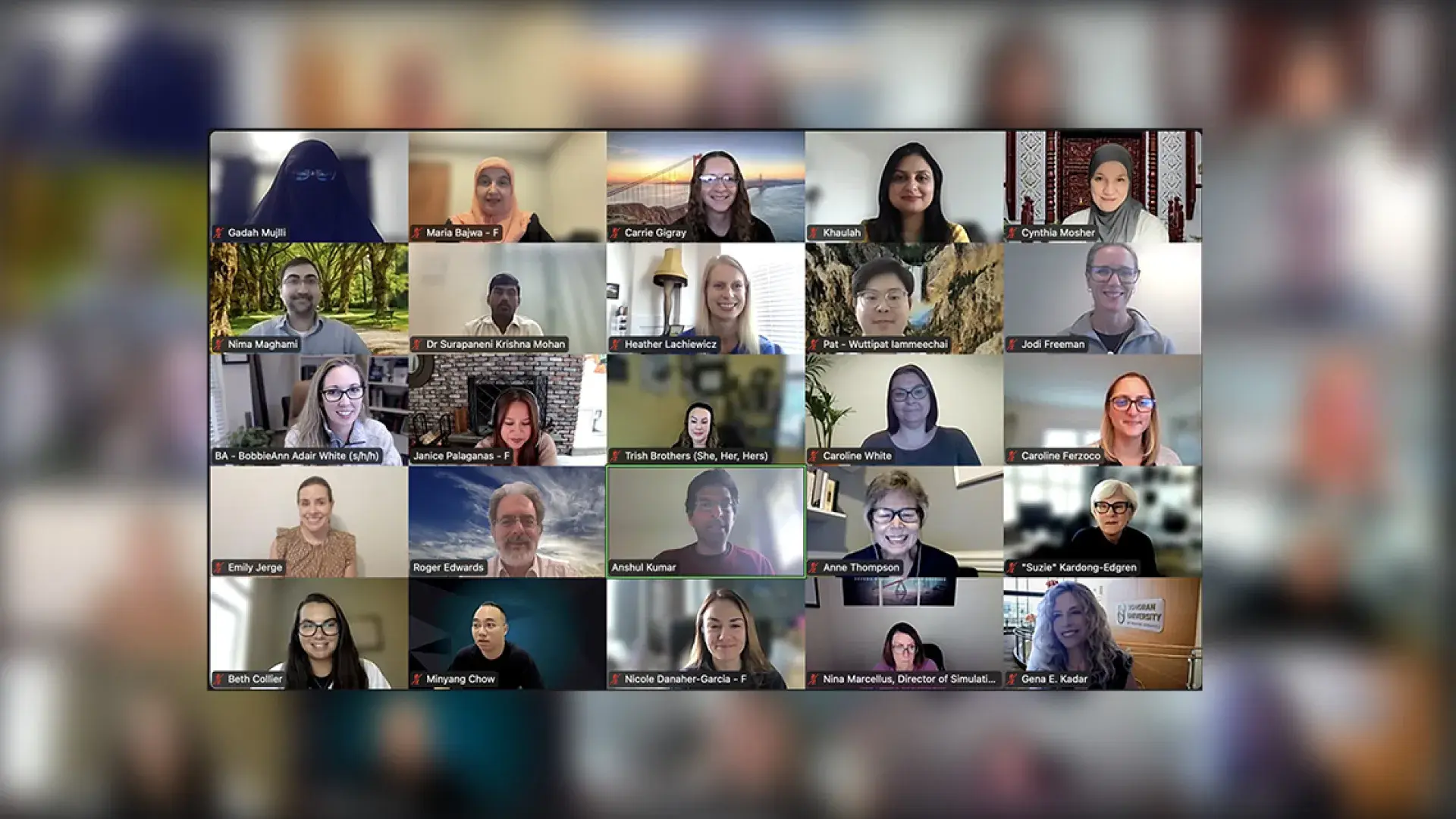
Initiative rewards experience, meeting market demand for educational research
Got deep experience in healthcare and teaching, but no formal training in health professions education? You might have what it takes to access an accelerated pathway towards a PhD.
Earlier this month, the Department of Health Professions Education at the MGH Institute of Health Professions launched its Accelerated Pathway to the PhD – an initiative that allows clinicians who have master's level training to complete three prerequisite courses and then start the PhD courses.
Here’s how it works: Entrants apply to the PhD program via the accelerated pathway and then take three courses related to the foundations of teaching and learning such as program evaluation, leadership, innovation and research methods. If a passing grade of “B” or better is earned, the student matriculates into the PhD program and is on path to earn a PhD.
“We're rewarding mid-career healthcare professionals in terms of building on prior educational experiences combined with some intensive prerequisite courses,” said Roger Edwards, chair of the Health Professions in Education Department. “And we are emphasizing from the faculty side that this has to be the right fit for everybody. Not everyone qualifies for the accelerated pathway. You have to have had experience teaching, and you have to demonstrate that with your CV and your prior work.”
Edwards says the program is responding to market demand for educational research.
“We really want to improve the quality of education long term, and we do that with scholarship. That's why there's the interest in our PhDs because there are very few opportunities to do a PhD in health professions education. We've known for many years now how to do this, and that’s why we think this is a good opportunity for someone who might otherwise not been able to go after a PhD.
Along with the affiliation to the Mass General Brigham network, the Health Professions Program also offers learner-centered, customized and applied learning experiences not often found in PhD programs.
“The coursework is applied so that you take the concepts and apply it to what you're doing in your workplace,” said Edwards. “The content of those courses and the doctoral research are designed in ways that you can apply it to your own personal needs and your own career needs—and make a contribution to advancing the science of effectively education the next generation of clinicians—and become part of a global community of practice dedicated to advancing the scholarship of health professions education.”
